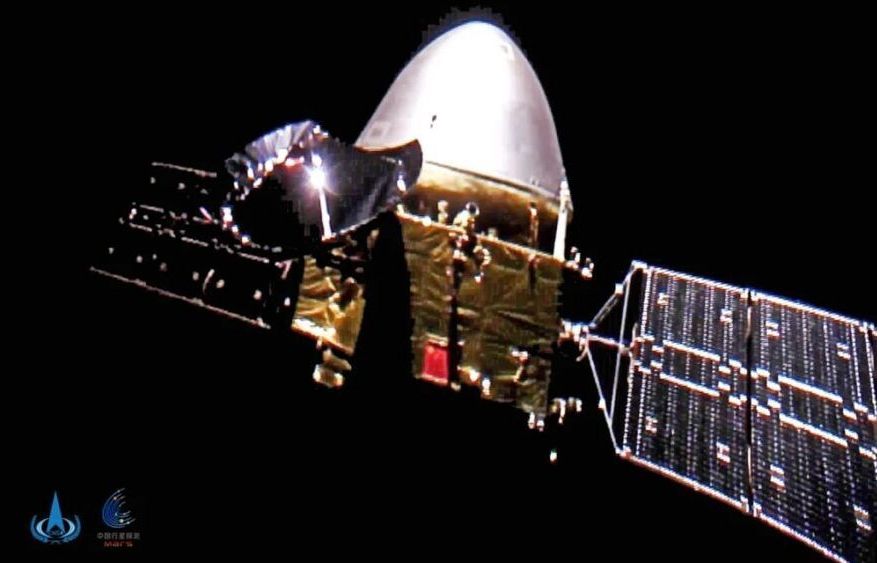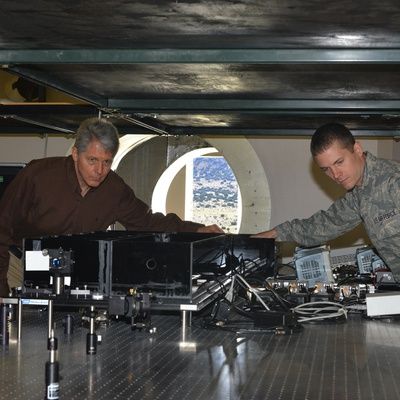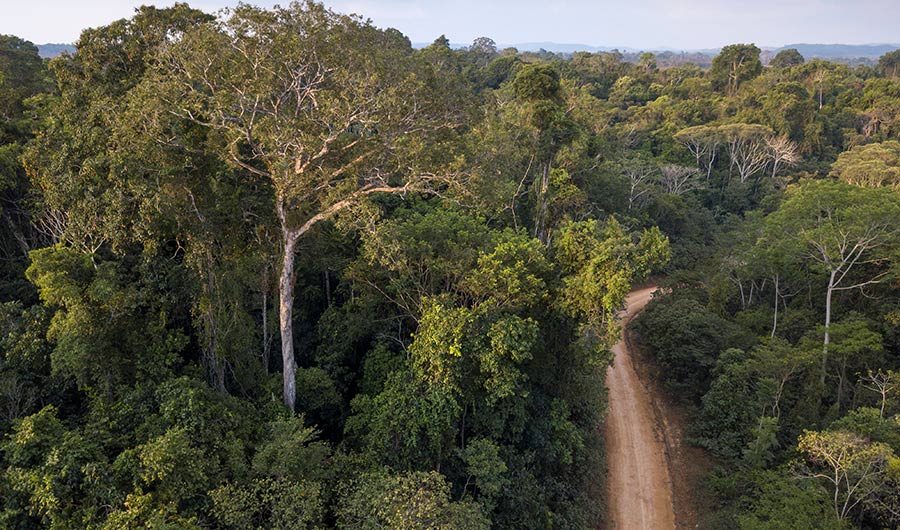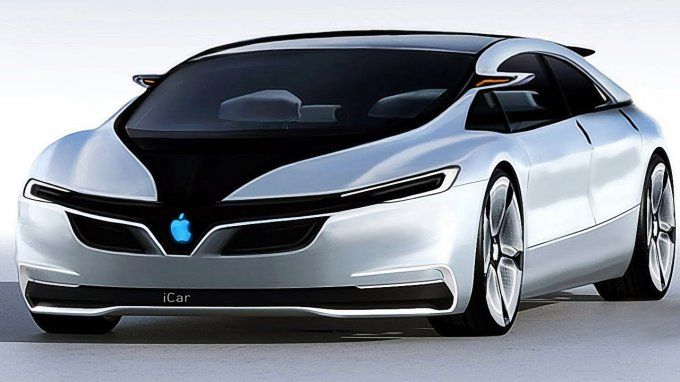O,.o.
It is no secret that Apple is working on the development of electric vehicle technology for almost 5–6 years now. Codenamed as Project Titan, the project contains many ex-employees of renowned automobile brands such as Tesla, Land Rover, and Aston Martin. Recently, there were rumours of Apple linking up with TSMC (Taiwan Semiconductor Manufacturing Company) for producing self-driving chips for their planned vehicles.
It was unclear until now whether Apple will be manufacturing the vehicles on their own, or will they act as a software provider for existing automobile brands. Now, however, there are reports that the tech company is in early talks with the Hyundai Motor Group, among others.
A Hyundai Motors representative confirmed yesterday that the South Korean automobile company is in discussion with Apple. Of course, ever since the tech company announced its intentions of developing an electric vehicle, it is in talks with a number of global manufacturers. However, Hyundai is one of the first major names to have come up.








